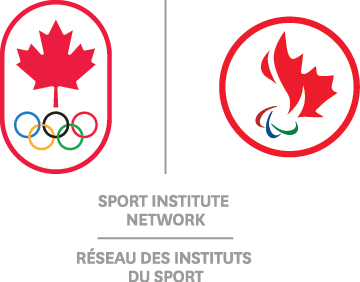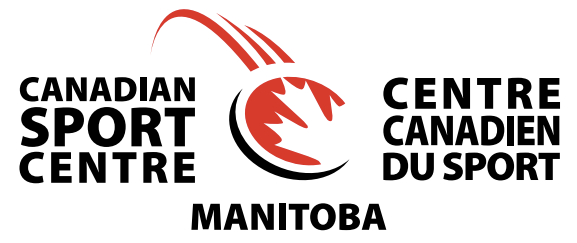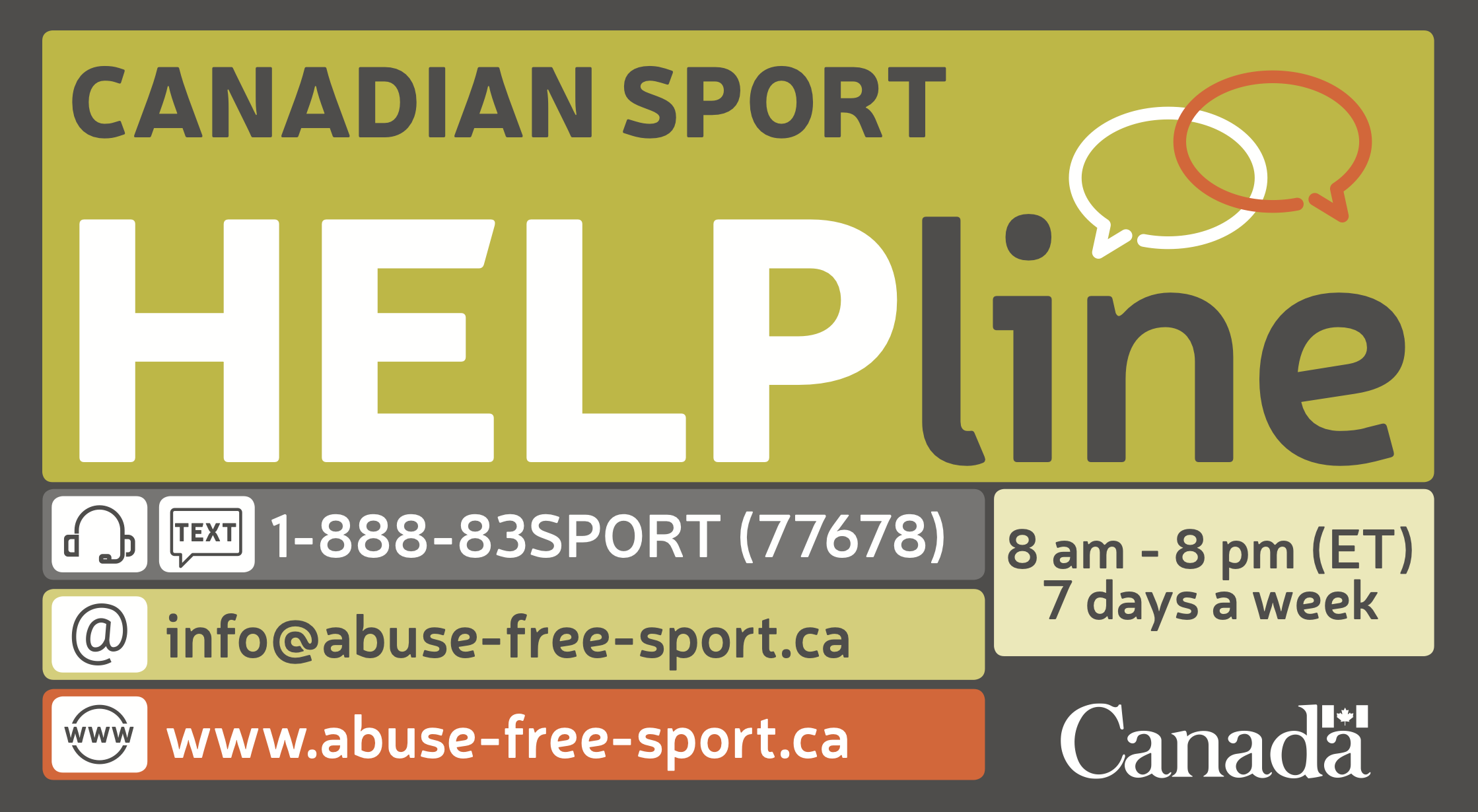Week 1: (W)holistic Approach
Why the ‘W’?
Although the term “holistic” is commonly used to denote perspectives and practices that take into consideration the whole and interconnectedness of the subject(s) being discussed, “wholistic” is often used instead, as the addition of the letter w helps to better connect the term to its intended meaning.
Dietetics
Moving to a new place to pursue sport can be especially difficult when the foods you are used to eating are not available in your new community. Dietitians can work with athletes from diverse cultures to find similar, affordable foods that keep the body well fuelled.
Sport Psychology
Talking with athletes from diverse cultures to learn more about their backgrounds can help when it comes to tailoring sport psychology practices (Kontos & Breland-Noble, 2002). What do your athletes respond well to? Combining sport psychology delivery with cultural resources that are important to athletes (e.g., Indigenous Elders) can go a long way in maintaining and improving mental performance (Schinke, Peltier, et al., 2013). Try to learn more about mental health and wellbeing from diverse backgrounds so that it will help prepare you when working with athletes from those backgrounds.
Strength & Conditioning
Not all athletes have been exposed to the same strength and conditioning (S&C) practices, so S&C coaches should take time to understand what S&C looks like to athletes from diverse cultures. As you share your knowledge, be open to also hearing about your athletes’ experiences, as your program may benefit from the new insights you learn. S&C coaches can combine approaches to help athletes achieve their optimal performance.
Sport Coaching
How might you, as a coach, provide a welcoming environment where athletes from diverse cultures feel free to be themselves? Learning about the backgrounds of your athletes is a good place to start. From there, you can work to incorporate aspects of the athletes’ cultures into the training setting. For example, learning and using words or phrases from the first languages of your athletes can be a great way of creating a more welcoming space (Schinke, McGannon, et al., 2013).
Where Do I Start?
Here are some resources that may be helpful as you take action in making sport settings more inclusive, diverse, and equitable:
- The Manitoba Aboriginal Sport and Recreation Council
- The Aboriginal Coaching Module
https://www.masrc.com/aboriginal-coaching-module
- The Indigenous Long-Term Participant Development Pathway
https://sportforlife.ca/portfolio-view/indigenous-long-term-participant-development-pathway/
- The Aboriginal Sport Circle
https://www.aboriginalsportcircle.ca/
- The Aboriginal Coaching Program
https://www.aboriginalsportcircle.ca/coaches-support
- The North American Indigenous Games (for coaches seeking to build connections)
References
Kontos, A. P., & Breland-Noble, A. M. (2002). Racial/Ethnic diversity in applied sport psychology: A multicultural
introduction to working with athletes of color. The Sport Psychologist, 16, 296-315. https://journals-humankinetics-com.uml.idm.oclc.org/doi/pdf/10.1123/tsp.16.3.296 (requires login to read)
Schinke, R. J., McGannon, R. K., Battochio, R. C., & Wells, G. D., (2013). Acculturation in elite sport: A thematic
analysis of immigrant athletes and coaches. Journal of Sport Sciences, 31(15), 1676-1686. https://doi.org/10.1080/02640414.2013.794949
Schinke, R. J., Peltier, D., & Yungblut, H. (2013). Canadian elite Aboriginal athletes, their challenges, and the
adaptation process. In J. Forsyth, & A. R. Giles (Eds.), Aboriginal peoples & sport in Canada: Historical foundations and contemporary issues (pp. 124-142). UBC Press.


